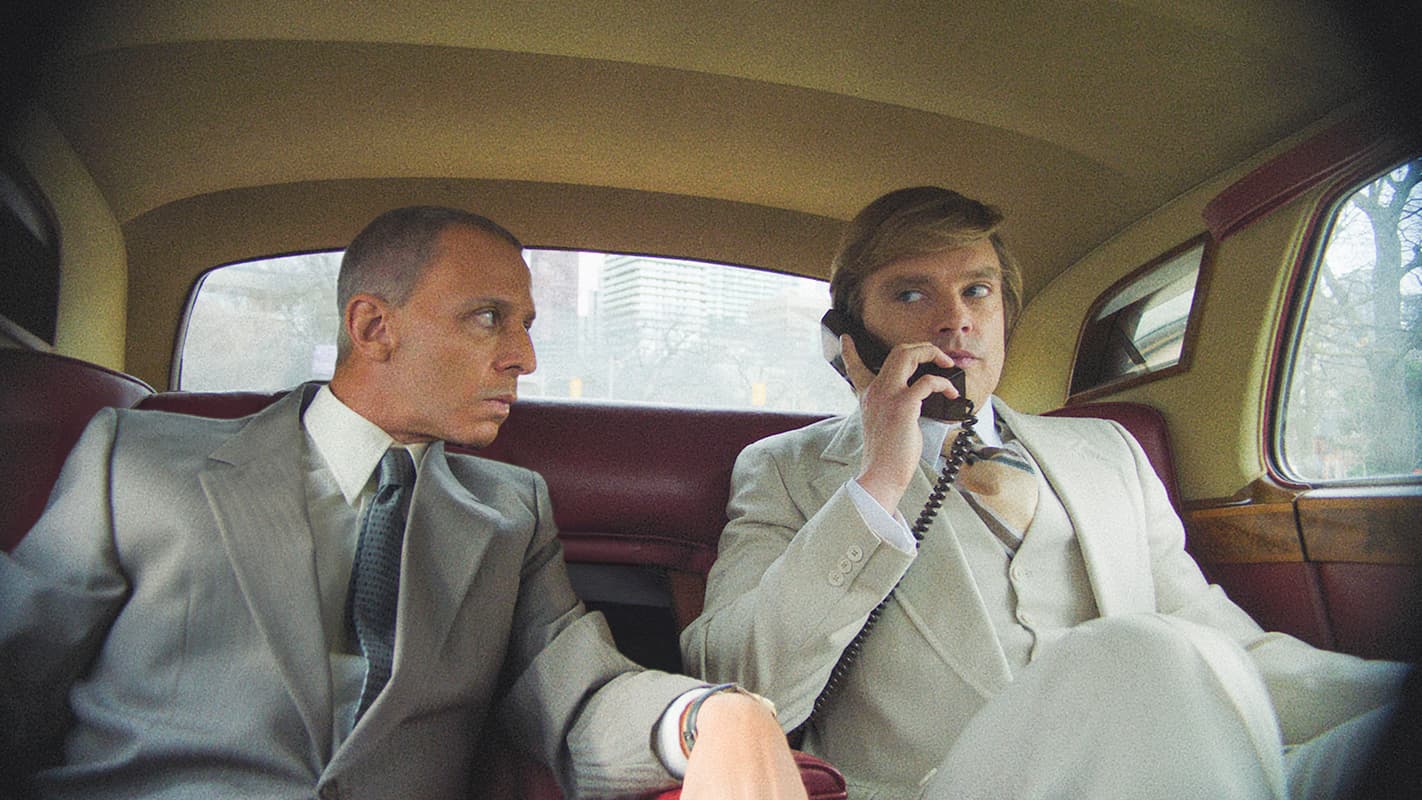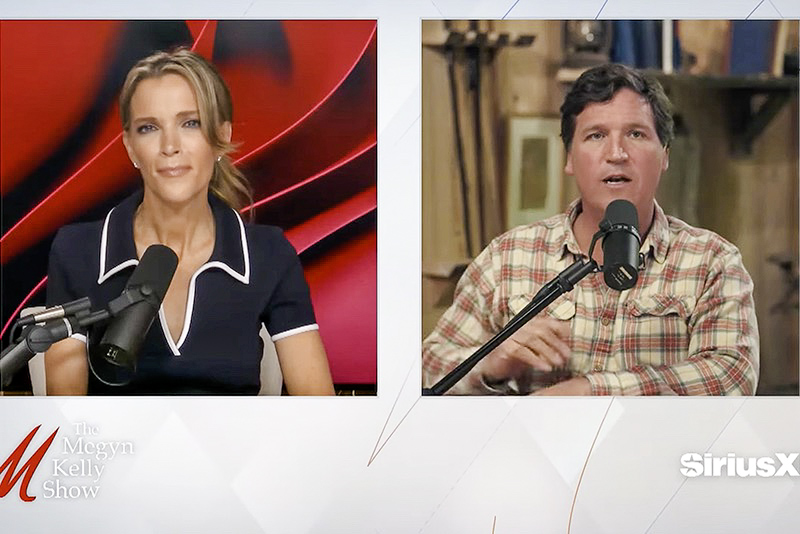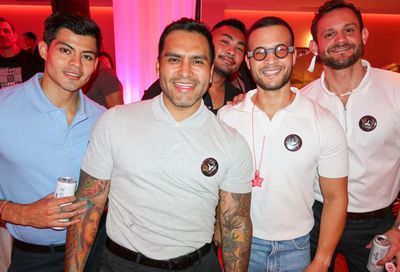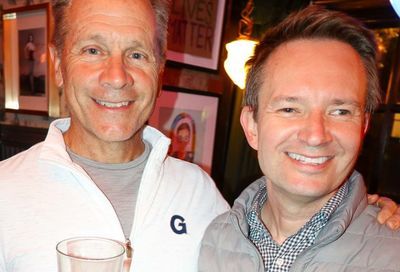Jake Shears’ ‘Last Man Dancing’ Review
Jake Shears throws a big queer party on "Last Man Dancing," his heady, hedonistic, wonderful new dance record.

From the formative years he spent in New York’s nightlife scene to Scissor Sisters’ heavy debt to 2000s alt-queerdom, Jake Shears is an artist who has lived and breathed club culture for most of his adult life.
All those influences come out in one way or another on his latest album, Last Man Dancing (★★★★★). In many ways, the album feels like the ideal night out, one that is life-changing in ways you could never have expected.
The record comes on the tail end of the disco resurgence that has consumed pop over the last few years, and its sound feels indebted to it in many ways, particularly in its singles and the infectious energy of its first few tracks.
The opening track, “Too Much Music,” brings us into a night at the club that is already well underway, giving way to a string of strong, infectious tracks that all but demand to be danced to. The album’s sound is far more than straightforward disco-pop, though, with tight production and multifaceted instrumentals that draw heavily on acid-house and electronica.
Shears’ ability to comfortably straddle the alternative and the mainstream should not be a shock, nor should the celebratory yet casual queerness he brings to his album. Probably as a result of Shears’ extensive dancefloor literacy, Last Man Dancing does not feel deliberately queer so much as it sounds like it came out of a world where queerness is taken for granted.
In some ways this is both a nod to and a continuation of the ethos he brought to his years with Scissor Sisters, whose explicit, in-your-face queerness finds echoes in the grinning, tongue-in-cheek swagger of “Really Big Deal” and the cheesy, playful cynicism that infuse “Do The Television.”
To Shears’ credit, he is able to keep up a relentlessly upbeat and playful energy from beginning to end without it ever once getting exhausting. There is, however, an abrupt and noticeable tonal shift midway through the album.
Things reach something like a peak with the disco shimmer and wide-eyed shine of the title track, after which the unbroken string of dancefloor bops gives way to a headier atmosphere brought in by the heavily-instrumental “8-ball.”

While the first half draws you in, that second half is where a lot of the magic happens. It hits all the beats of the kind of party where the people who were there for a quick thrill clear out by the early hours, leaving everyone else to get weird and wild, and that may be because that’s exactly where he found his inspiration.
Shears could have carried the album very well all on his own, but as with any party, the people he invites make a big difference. Kylie Monogue is an obvious showstopper, and her collab, “Voices,” is one of the album’s standout moments, featuring some of the best vocal work of her recent career as she trades lines with Shears over hypnotic synths.
Not to be overshadowed, Big Freedia lends her voice and dance music chops to “Doses,” a captivating small-hours dance track. Even Jane Fonda makes an appearance, delivering a monologue on “Radio Eyes,” a track that all but dares you not to skip back and listen to it again to make sure you didn’t hallucinate her. Besides the obvious cachet his guests lend to the album, their presence goes a long way toward building up the party atmosphere Shears is going for.
As Shears reminded us again and again during the Scissor Sisters years, nightlife can be more than a distraction from a hostile world — it can be an escape into another world altogether. Sentimental as it is, it’s a perspective that feels both timely and poignant in a world when queer nightlife so often feels squeezed by entropy on one end and a resurgent, dangerous hostility on the other.
From beginning to end, Last Man Dancing is a joyful celebration of the value and transformative power of letting loose on the dancefloor, even if only for a night.
Last Man Dancing is available to stream and purchase on all major platforms. Visit www.jakeshears.com.
Support Metro Weekly’s Journalism
These are challenging times for news organizations. And yet it’s crucial we stay active and provide vital resources and information to both our local readers and the world. So won’t you please take a moment and consider supporting Metro Weekly with a membership? For as little as $5 a month, you can help ensure Metro Weekly magazine and MetroWeekly.com remain free, viable resources as we provide the best, most diverse, culturally-resonant LGBTQ coverage in both the D.C. region and around the world. Memberships come with exclusive perks and discounts, your own personal digital delivery of each week’s magazine (and an archive), access to our Member's Lounge when it launches this fall, and exclusive members-only items like Metro Weekly Membership Mugs and Tote Bags! Check out all our membership levels here and please join us today!






















You must be logged in to post a comment.